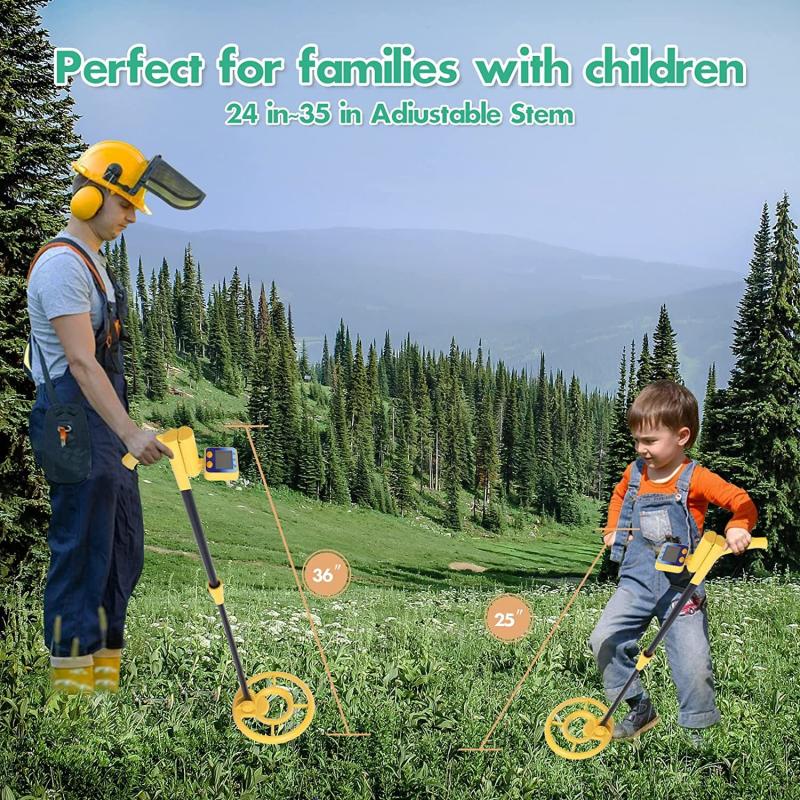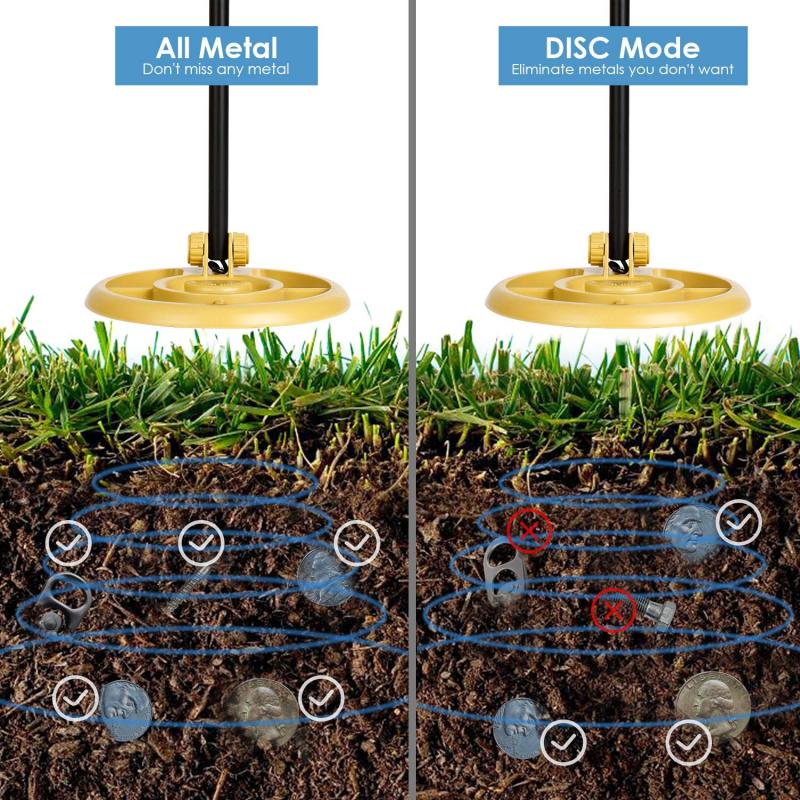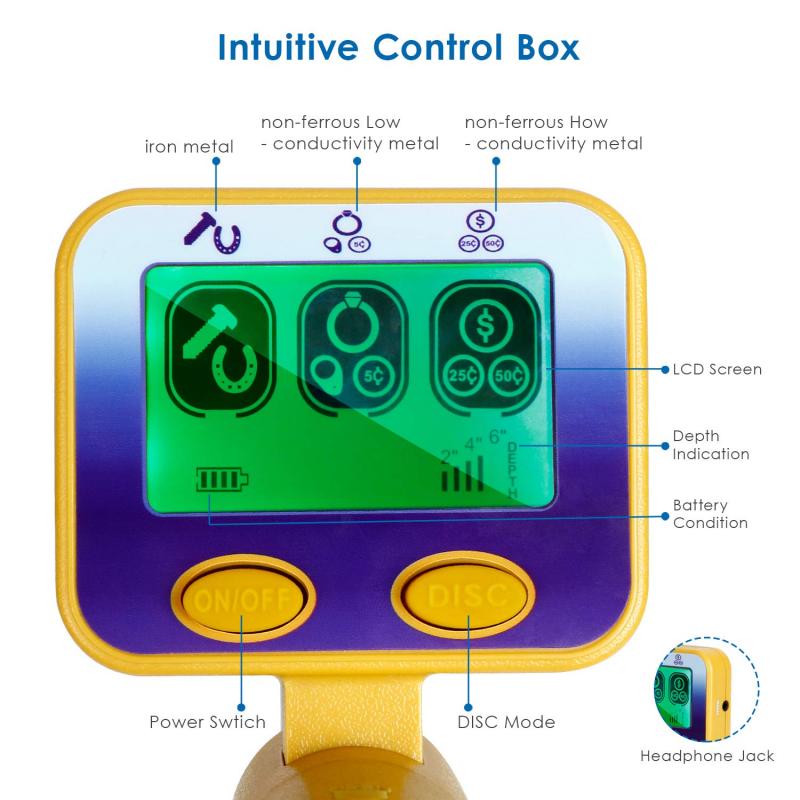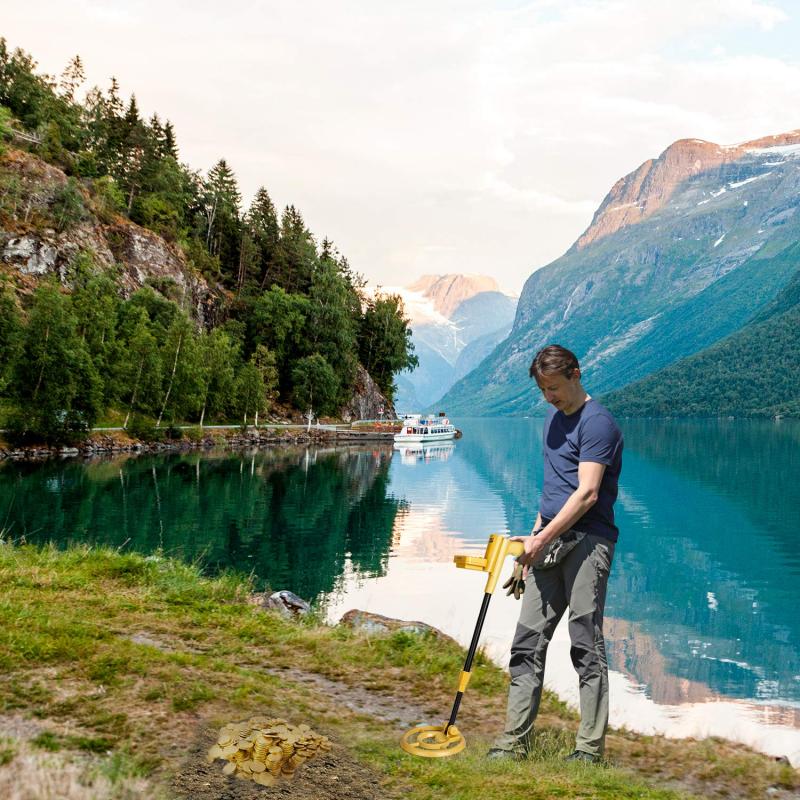Where Can I Use A Metal Detector?
Metal detectors are versatile tools that can be used in a variety of settings for different purposes. Whether you are a hobbyist, a security professional, or someone looking to find lost items, understanding where and how to use a metal detector can greatly enhance your experience and effectiveness. In this article, we will explore the various places where metal detectors can be used, the specific applications in each setting, and some practical tips to maximize your success.
Beaches and Shorelines

One of the most popular places to use a metal detector is at the beach. Beaches are frequented by many people, making them prime locations for lost items such as jewelry, coins, and other metal objects. The constant movement of sand and water can also bring buried items closer to the surface, making them easier to find.
Tips for Beach Metal Detecting:
- Timing: Early mornings or late evenings are ideal times to search, as the beach is less crowded.
- Tides: Low tide exposes more of the beach, increasing your search area.
- Equipment: Use a waterproof metal detector and a sand scoop for easier digging.
Parks and Recreational Areas

Parks and recreational areas are also excellent places to use a metal detector. These areas are often visited by families and groups, increasing the likelihood of lost items. Additionally, parks may have historical significance, offering the potential to find older, more valuable items.
Tips for Park Metal Detecting:
- Permissions: Always check with local authorities to ensure metal detecting is allowed.
- High-Traffic Areas: Focus on playgrounds, picnic areas, and walking paths where people are more likely to lose items.
- Discretion: Be mindful of other park-goers and fill any holes you dig to maintain the park's appearance.
Historical Sites and Battlefields

For those interested in history, metal detecting at historical sites and battlefields can be incredibly rewarding. These locations can yield artifacts such as old coins, military relics, and other historical items. However, it is crucial to follow legal guidelines and obtain necessary permissions before detecting in these areas.
Tips for Historical Site Metal Detecting:
- Research: Study the history of the site to identify potential hotspots for finding artifacts.
- Permissions: Obtain any required permits and respect any restrictions in place.
- Documentation: Keep detailed records of your finds, including their locations, to contribute to historical research.
Private Property

Using a metal detector on private property can be highly productive, especially if the land has not been previously searched. Old homesteads, farms, and estates can be treasure troves of lost items and historical artifacts.
Tips for Private Property Metal Detecting:
- Permission: Always get explicit permission from the property owner before detecting.
- Respect: Be respectful of the property and leave it in the same condition you found it.
- Focus Areas: Concentrate on areas around old buildings, gardens, and pathways where people would have spent time.
Fields and Farmlands
Fields and farmlands, especially those with a history of human activity, can be excellent places to use a metal detector. These areas may contain old coins, tools, and other items lost over the years.
Tips for Field and Farmland Metal Detecting:
- Seasons: Detecting after plowing can bring buried items closer to the surface.
- Crop Rotation: Be aware of planting and harvesting schedules to avoid damaging crops.
- Historical Research: Investigate the history of the land to identify potential hotspots.
Construction Sites
Construction sites, particularly those in older urban areas, can be rich in historical artifacts. As the ground is disturbed, items that have been buried for years can come to the surface.
Tips for Construction Site Metal Detecting:
- Permissions: Obtain permission from the construction company or property owner.
- Safety: Be mindful of safety hazards and wear appropriate protective gear.
- Timing: Detecting after hours or on weekends can minimize interference with construction activities.
Rivers and Streams
Rivers and streams can be productive areas for metal detecting, especially in regions with a history of gold prospecting or other mining activities. Items lost in the water can be preserved for long periods, making them valuable finds.
Tips for River and Stream Metal Detecting:
- Equipment: Use a waterproof metal detector and waders for comfort and safety.
- Current: Be cautious of strong currents and slippery rocks.
- Focus Areas: Search around bends, eddies, and areas where people are likely to have crossed or swum.
Schools and Sports Fields
Schools and sports fields are often overlooked but can be excellent places to find lost items. These areas see a lot of foot traffic, increasing the likelihood of finding coins, jewelry, and other small metal objects.
Tips for School and Sports Field Metal Detecting:
- Permissions: Ensure you have permission from school authorities or local government.
- Timing: Detecting during off-hours, such as weekends or holidays, can reduce interruptions.
- Focus Areas: Concentrate on bleachers, sidelines, and areas where people gather.
Metal detecting is a fascinating and rewarding hobby that can be enjoyed in a variety of settings. Whether you are searching for lost items at the beach, exploring historical sites, or seeking treasures on private property, understanding where to use your metal detector and following best practices can greatly enhance your success. Always remember to obtain necessary permissions, respect the environment, and document your finds to contribute to historical knowledge. Happy hunting!
